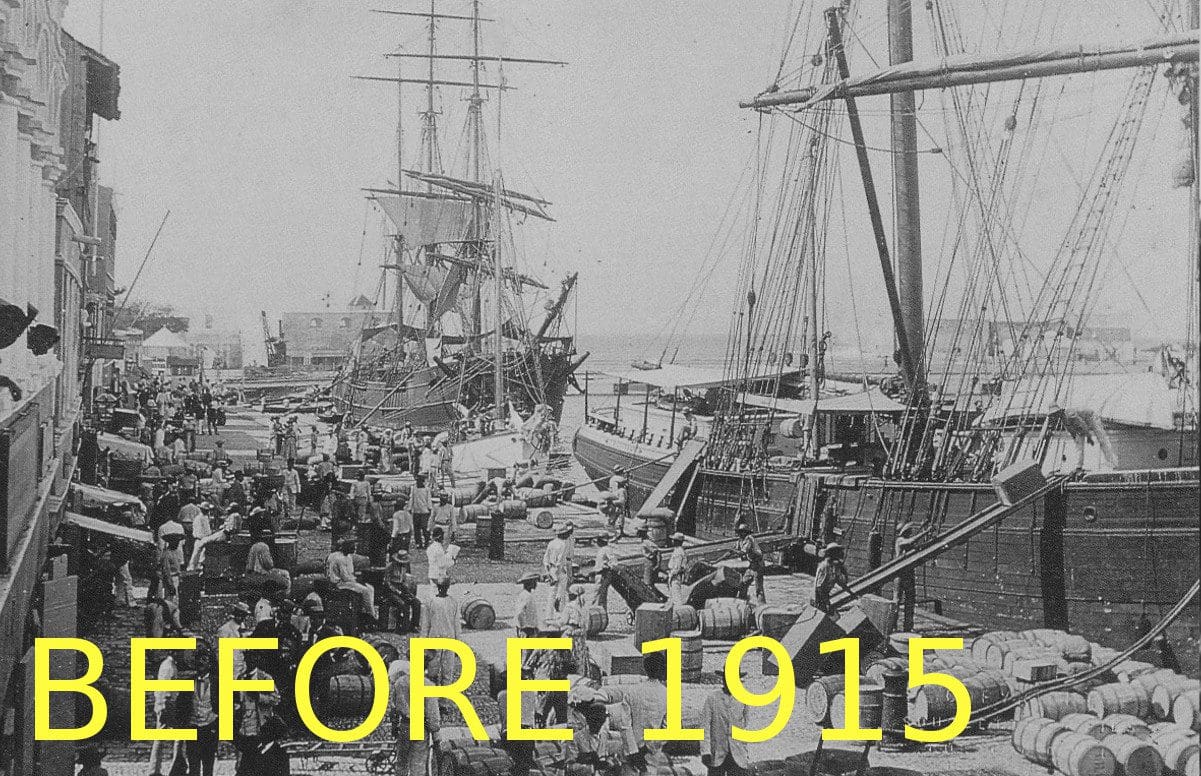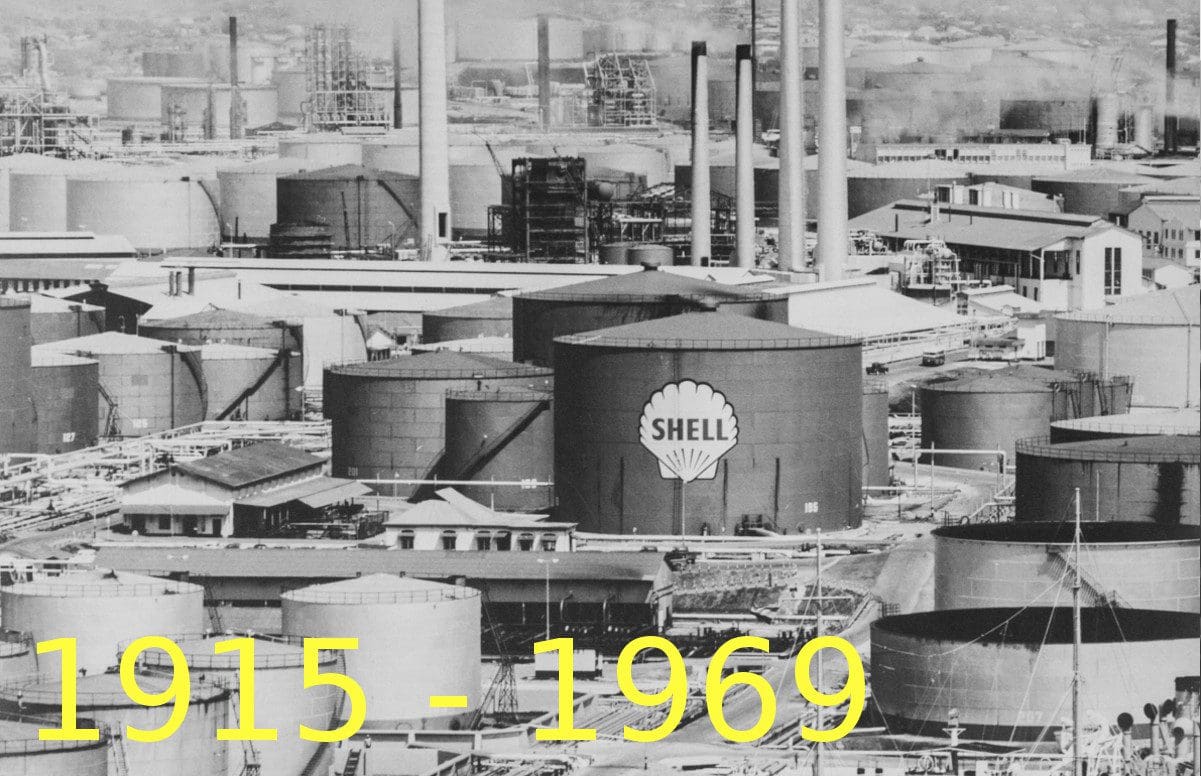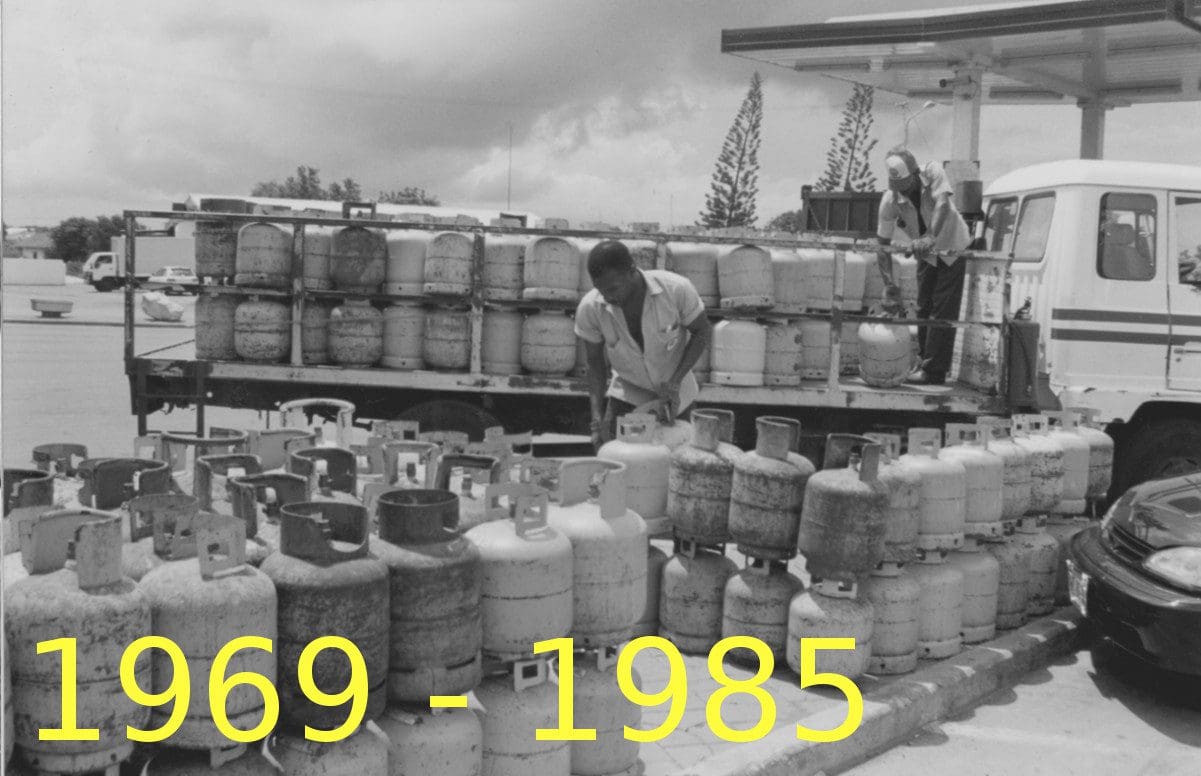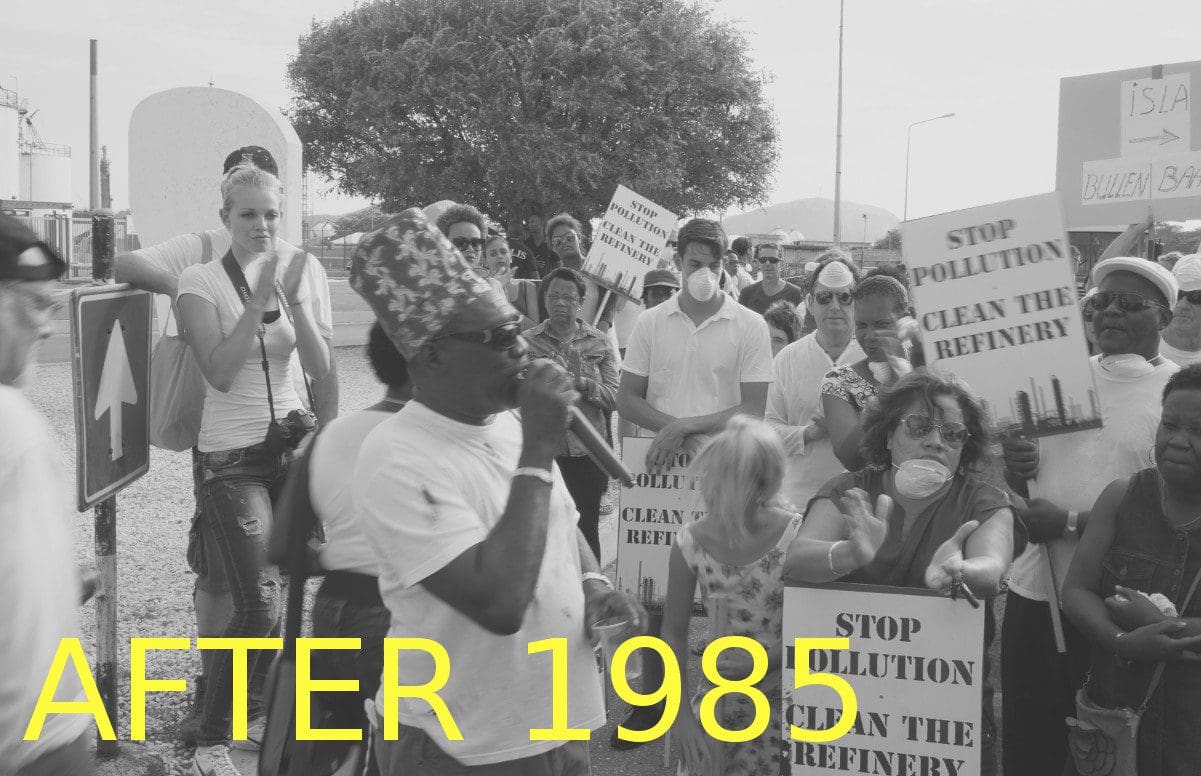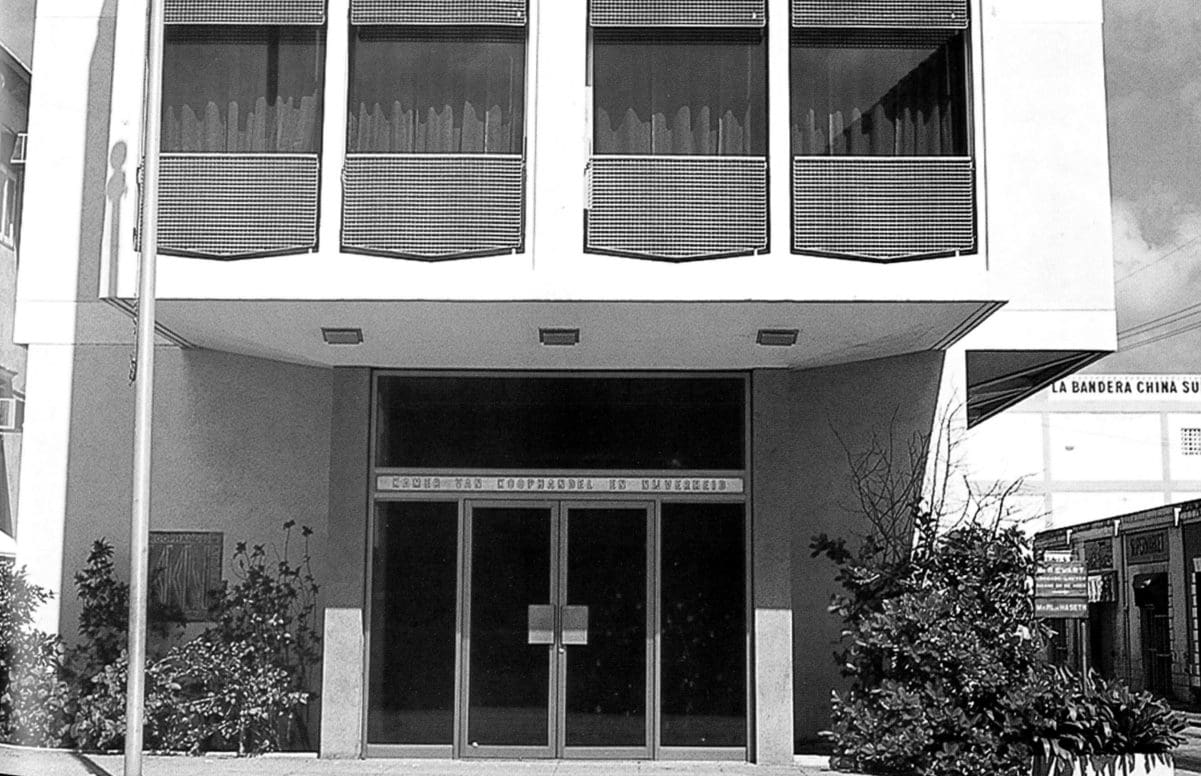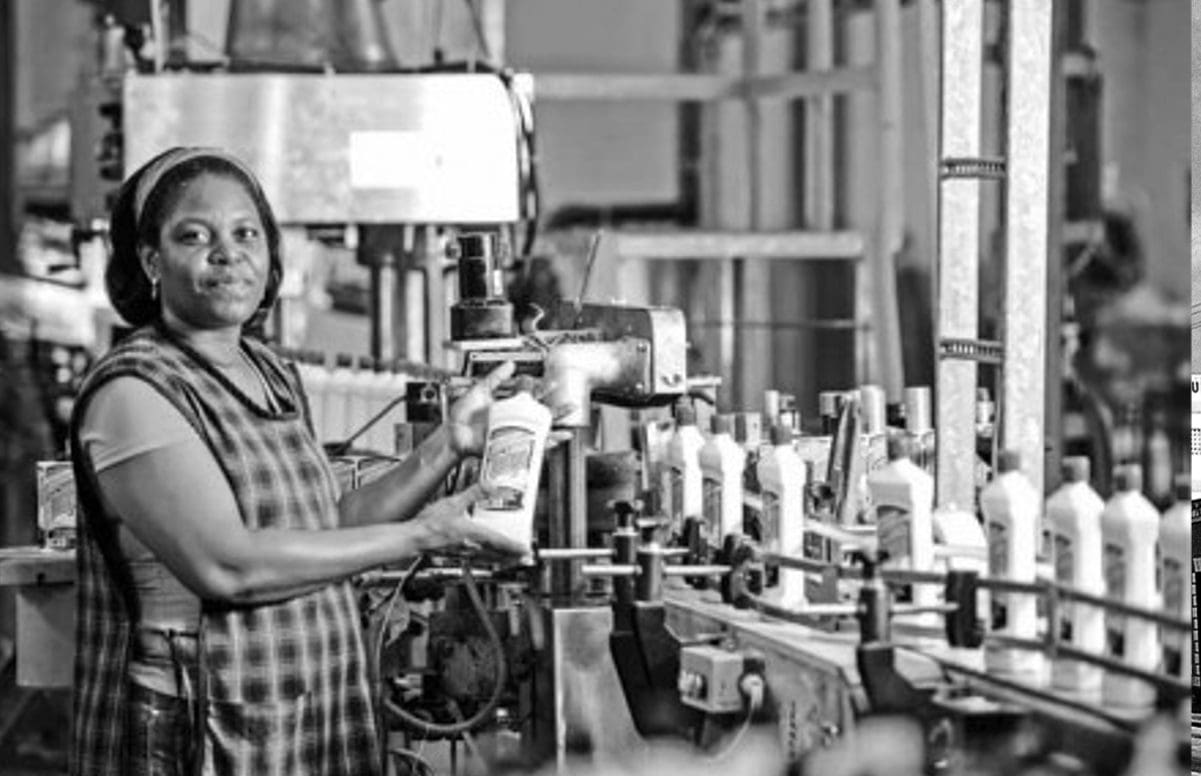
Isla den Nos Bida
100 years Refinery in Curaçao – 100 aña Refineria na Kòrsou
Exhibition
1969 – 1985
The events of May 30th, 1969 were not lost on potential investors. Many companies, such as Texas Instruments, left the island and very few new businesses opened. To make matters worse, the Venezuelan economy collapsed leading to the devaluation of the Bolivar in 1983, drastically lowering the amount of sales to Venezuelan tourists, who had become valuable customers in Punda’s shops and trading houses.
A final blow to the economy was dealt by the United States government. After years of discussions in the mid-1980s. the US terminated the tax-treaty with the Netherlands Antilles on June 29th, 1987. Ever since World War II, when public notary Ton Smeets had single-handedly launched what was to become the off-shore sector by changing Shell’s The Hague headquarters to Willemstad, Curaçao’s financial sector had flourished. By offering a low tax climate to foreign companies, operating in countries which had signed tax agreements with the Netherlands Antilles in general and Curacao in particular, the off-shore sector had become an important economic pillar on the island. However, with the withdrawal of the US from the off-shore stage, the financial sector lost an important player whom a large part of the game had been based on.
As a result of the psychological shock caused by the events of May 30th, 1969, Curaçao’s tourism sector sharply declined. The establishment of new hotels came to complete standstill. The area in Piscadera, which had been opened up for tourism by the construction of the Hilton Hotel, now grew rather slowly. The Arthur Frommer Hotel was established in 1969, later renamed Las Palmas followed by Floris Suite. In Banda’Bou, the concept of time share was introduced in 1976 as the Coral Cliff resort, later renamed Sunset Waters, opened in Sta. Martha.

